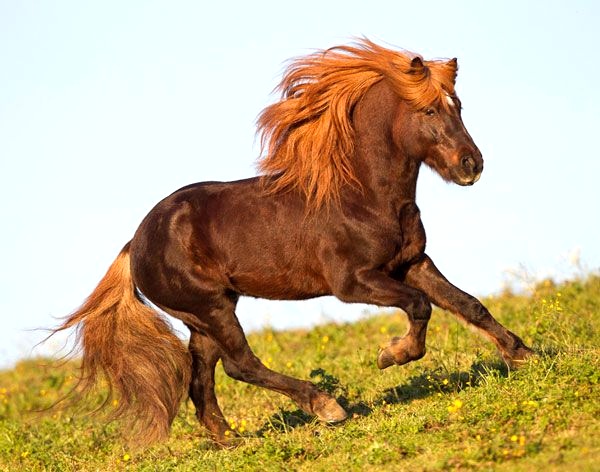Investing in a racehorse has the potential to be a lucrative and exciting venture. A racehorse, if successful, can generate a significant return on your investment, as well as providing a thrilling racing experience. However, there are several factors to consider before committing to buying shares in a racehorse. This article will explore the potential benefits and drawbacks of investing in a racehorse, as well as the steps you need to take in order to make an informed decision.
What Are The Benefits Of Investing In A Racehorse?
The main benefit of investing in a racehorse is the potential financial return. If your horse is successful in races, you could earn a significant amount of money. Racehorse owners can also benefit from the prestige associated with owning a successful horse. Additionally, the experience of attending a race and watching your horse compete is an exhilarating one.
What Are The Risks Of Investing In A Racehorse?
There are several potential risks associated with investing in a racehorse. Firstly, racehorses can be expensive to buy and maintain, so it is important to consider the cost before committing to a purchase. Moreover, there is no guarantee that your horse will be successful, and you could end up losing money on the venture. Furthermore, depending on the type of ownership arrangement you have, you may not be able to receive any of the prize money if your horse wins.
If you are interested in investing in a racehorse, there are various ways to go about it. The most common option is to purchase shares in a syndicate. This means that you join with other owners to purchase a percentage of a horse and share the costs, risks, and rewards associated with ownership. Alternatively, you can buy an entire horse or a part of one. It is important to be aware that you will need to become a member of the British Horseracing Authority (BHA) in order to purchase shares in a racehorse.
What Are The Costs Of Owning A Racehorse?
The cost of owning a racehorse will vary depending on the type of ownership arrangement you have, as well as the age and quality of the horse. Generally, you can expect to pay up to around £20,000 for a share in a racehorse, with additional costs for training, stabling, and veterinary fees. It is important to consider these costs before investing in a racehorse.
What Are The Tax Implications Of Owning A Racehorse?
If you are purchasing shares in a racehorse, you may be liable for tax on any profits you make. You will also need to pay tax on any prize money your horse earns. It is important to seek professional advice to ensure that you are compliant with the relevant tax regulations.
Conclusion
Investing in a racehorse can be a rewarding and exciting venture, but there are several factors to consider before committing to a purchase. It is important to be aware of the potential benefits and risks, as well as the costs associated with owning a racehorse. Moreover, it is essential to ensure that you are compliant with the relevant tax regulations. With the right information and planning, investing in a racehorse can be a profitable and enjoyable experience.

